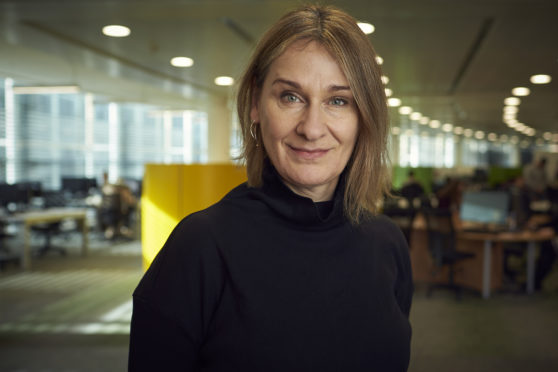Panic surrounding the coronavirus will be fuelled by a “constant” quest for information, a leading psychologist has warned.
Professor Vera Kempe, chair of psychology of language learning at Abertay University, said there is no need for people to feel they should be “updated by the hour” with information about the latest developments.
Amid reports of panic buying of hand sanitiser following confirmation of the first confirmed Scottish case of the virus, Prof Kempe also highlighted the potentially damaging effect of misinformation on efforts to deal with the disease.
No individual needs to be updated by the hour.”
Professor Vera Kempe
Prof Kempe said: “The human mind is biased in the way it processes information, and specifically biased to avoid threats, which is where negative information draws more attention.
“That has been shown to lead to misinformation, and may lead to panic. Misinformation may render the services they provide less effective because it undermines trust.”
“It’s not an earthquake or terrorist attack”
The academic also cautioned against people constantly seeking out updates on the situation.
“Something like the coronavirus is not really a rapidly evolving disaster like an earthquake or a terrorist attack,” she added.
“It is not necessary to check things such as social media constantly and it is perhaps beneficial if you restrict your intake to one time point in the day and do not expose yourself to constant unsolicited information.”
Ms Kempe said the general public could also take the approach of placing more trust in information which is a day late to avoid “sensationalist or inaccurate” claims surrounding the virus.
“That could help limit your panic – no individual needs to be updated by the hour.
“Our mind is more prone to take information that is personal and emotional and there are mental health implications for people (from that).”
In 2016, a US study showed fears over being a victim of terrorism ranked significantly higher in the minds of Americans than that of succumbing to heart disease, despite the odds of the former being more than 45,000-to-one in comparison to seven-to-one for the latter.











